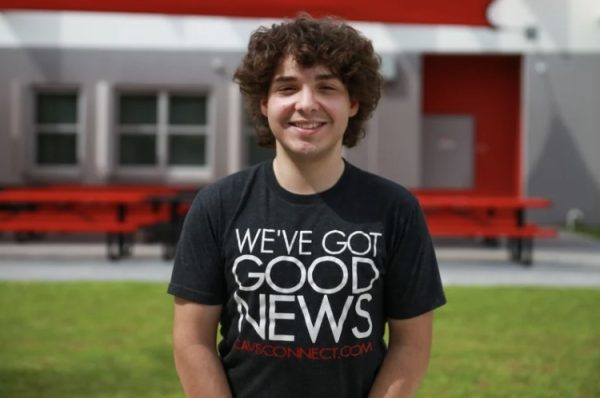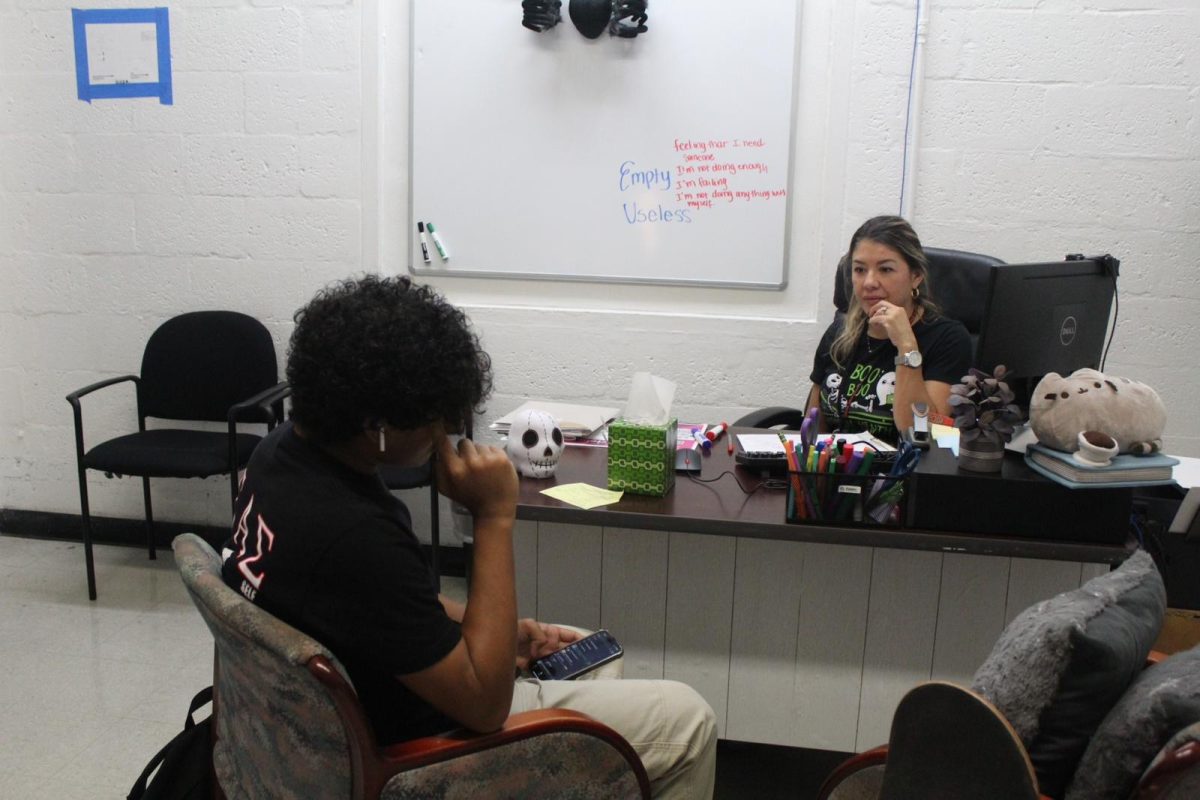Florida has been the victims of a statewide shortage in educators, with staff vacancies in schools becoming more frequent in the past few years. In a significant move aimed at addressing this ongoing shortage, Miami-Dade County Public Schools has recently revised its requirements for substitute teacher eligibility. The new policy, implemented in the beginning of the 2023-2024 school year as of Oct. 16, lowers the qualifications for prospective substitute teachers, with the goal of bolstering the district’s ability to fill classroom vacancies more efficiently.
With this change, Miami-Dade has transformed the way in which they manage the recruitment of temporary instructors. Instead of receiving direct applications, MDCPS has collaborated with Kelly Education, an organization meant for the recruitment and training of teachers throughout the nation, to handle instructor applications for the county.
As a part of this change, the requirements to apply for substitute teaching have become more lenient than those of the past. Potential substitute teachers are now required to be over the age of 18 and have a high school diploma or an equivalent proof of education, such as the General Educational Development credential. This shift was executed with the intention of opening doors for more community members who may have the passion to support education but lack formal teaching qualifications.
“The teacher shortage in Florida has definitely been noticeable to me and to other students. A lot of classes, especially higher level classes, only have one teacher to teach them, or they may not have one at all. I think that this focus on looking for ways to recruit more teachers is very important for our future,” senior Amaya Cosio said.
Prior to the revision of these requirements, applicants for substitute teaching were required to have a minimum of a 2.5 Grade Point Average and 60 college credits. That equivalent to an associate’s degree would then name them “temporary instructor.” In addition, applicants had to provide references and complete a training program provided by Miami-Dade College to be eligible as a substitute teacher in the county.
Applicants will need to pass a background check and undergo a screening process to ensure their suitability for the role. Kelly Education will also offer training sessions with professionals for new substitute teachers to equip them with the necessary skills and knowledge to effectively manage a classroom and assist students in their learning journey.
“I think it is important for substitute teacher to met certain qualifications because at the end of the day they are there to cover for our teacher. When there are no qualifications, we encounter issues where substitutes don’t know what to do, and that is not promising for us as students,” junior Antonio Vasquez said.
Still, the policy change relating to substitute teachers has received mixed reactions from students, parents and educators across Miami. While the legislation does address concerns about the teacher shortage, many have questioned the effectiveness of new teachers with what they consider to be loose prerequisites.
“In my opinion, not everyone is qualified enough to be a substitute. Just because you were able to graduate high school or take a few tests to get your GED doesn’t mean that you should be able to educate other students,” senior Eduardo Meonez said.
Opponents of this policy have voiced their concerns about the quality of education that students will receive following this change. Critics argue that the new criteria will allow inexperienced teachers to negatively influence the education of the children in Miami. They fear that this change could undermine the integrity and rigor of the teaching profession.
“Honestly, I think that it is a little crazy that they would lower the requirements for [substitutes]. It is completely understandable that we try to find a way to hire more teachers, but this is not the way. Substitute teachers should have knowledge of the subject which they teach and be able to actually substitute, not just take care of students for the meantime,” senior Javier Diaz said.
MDCPS is not the first school district to make such a change in response to substitute teacher shortages. Similar initiatives have been implemented in other districts across the United States in states like Missouri and Pennsylvania. These proposals, which are slowly expanding throughout the nation, serve as a response to the shortage of educators in the country.
As the debate over the reduction of qualifications for substitute teachers in MDCPS continues to unfold, the policy will be monitored over the course of the 2023-2024 school year. Educators and the community of Miami as a whole will continue to work together to find solutions that not only address staffing shortages but also uphold the values of quality education. The future of our educational system depends on navigating this balance and ensuring that every student receives a well-rounded education.











